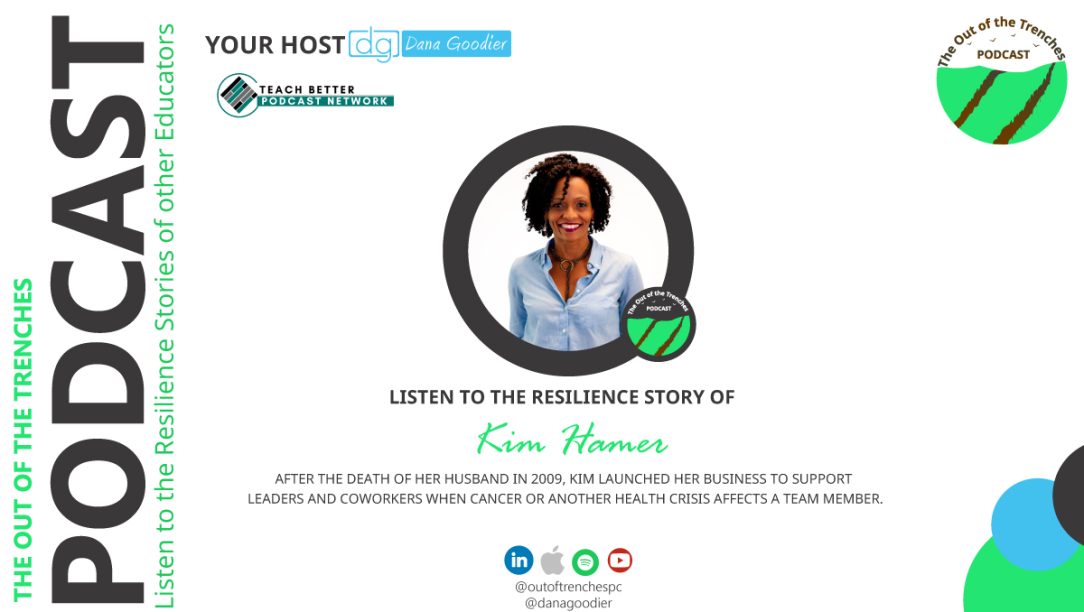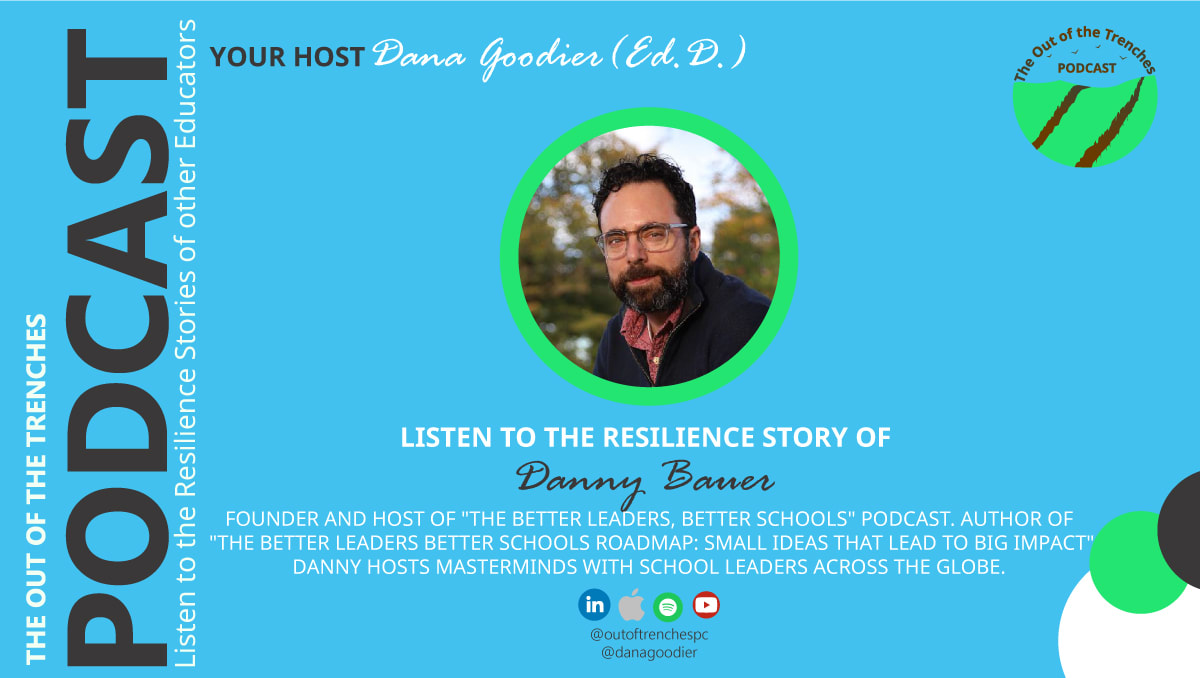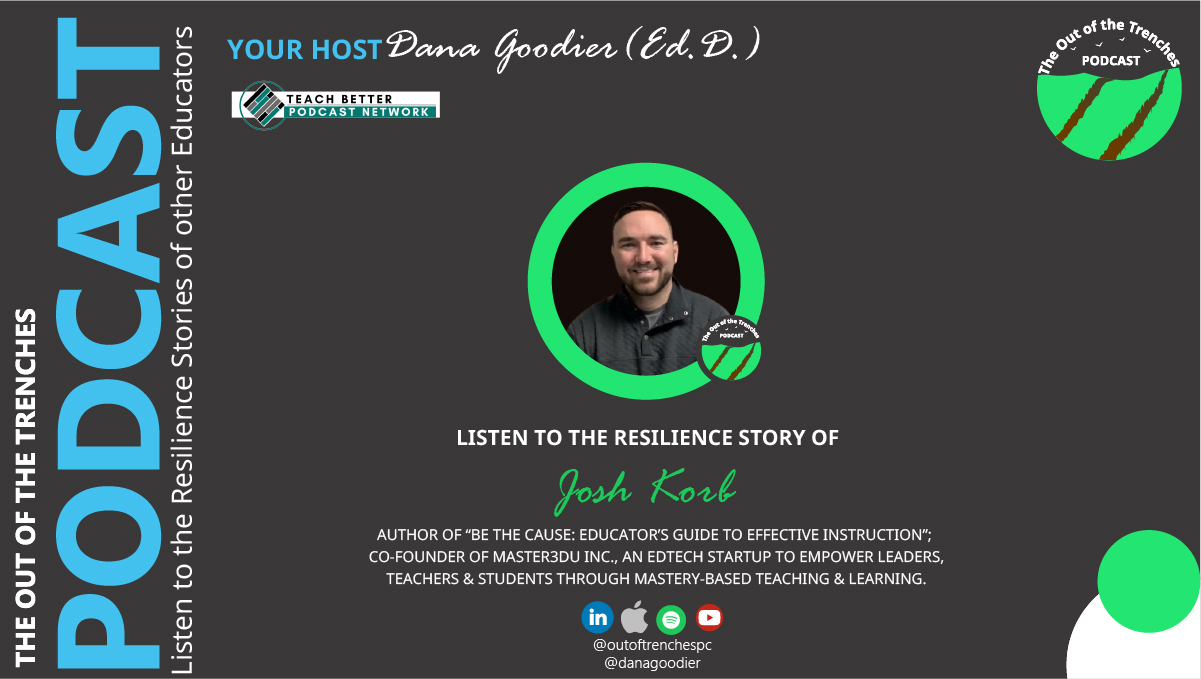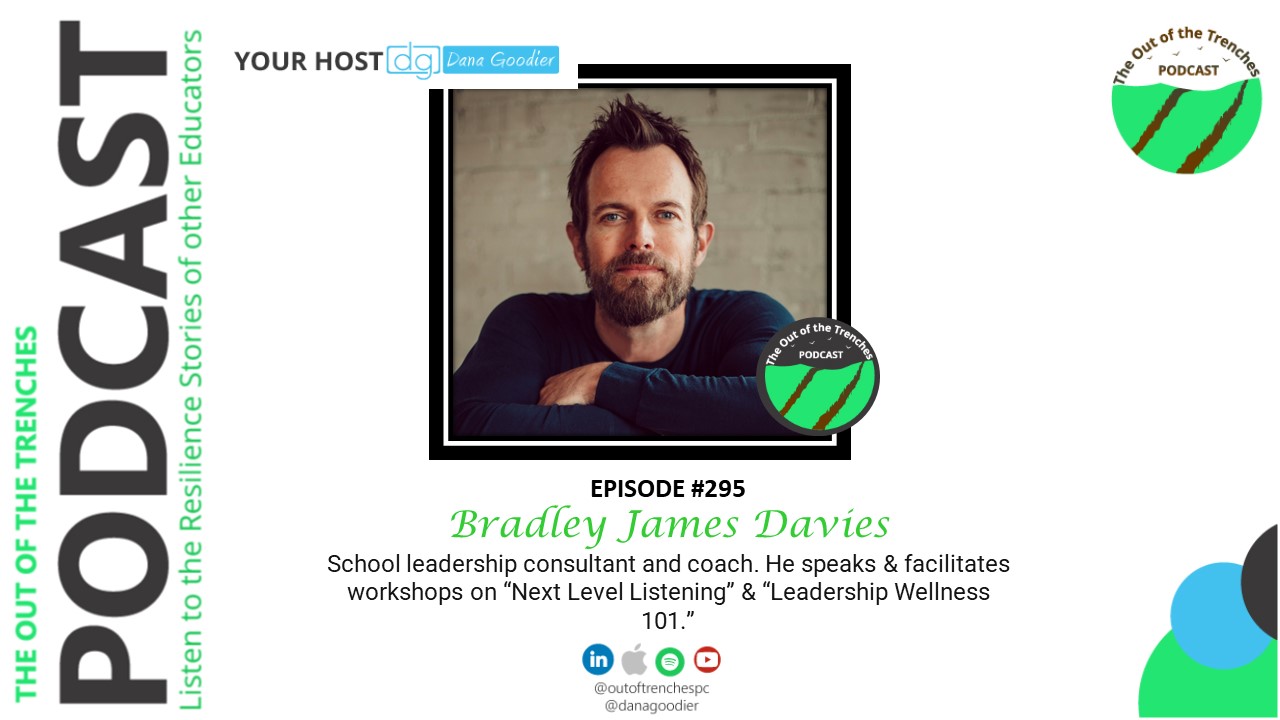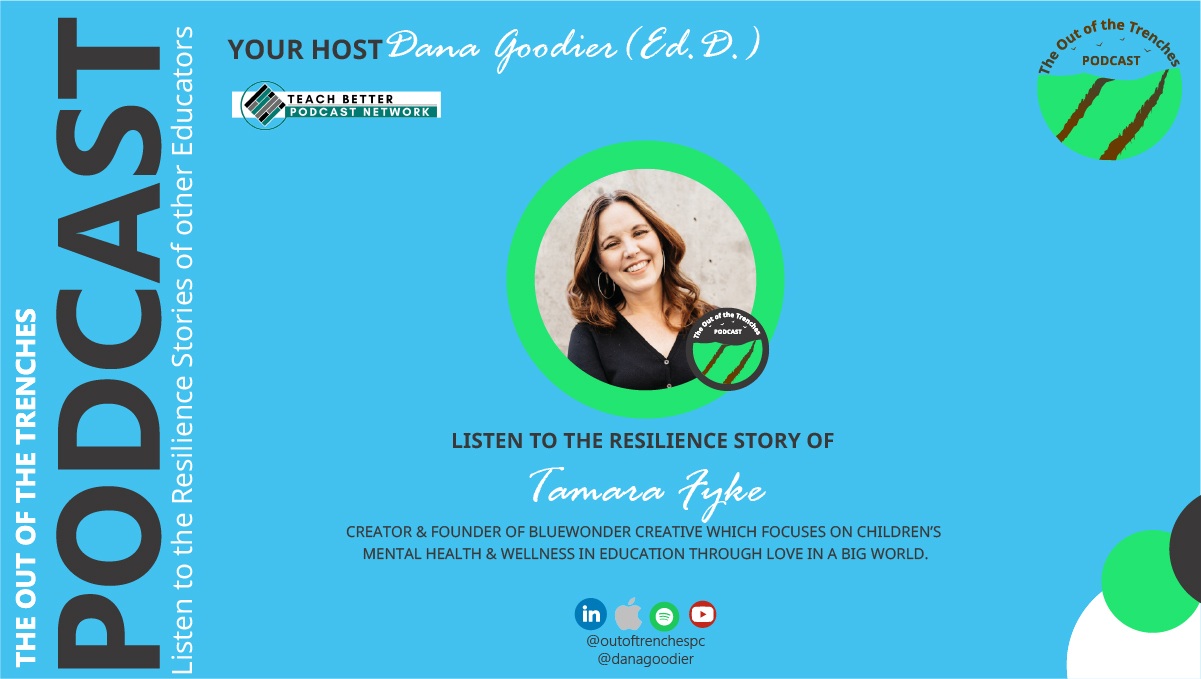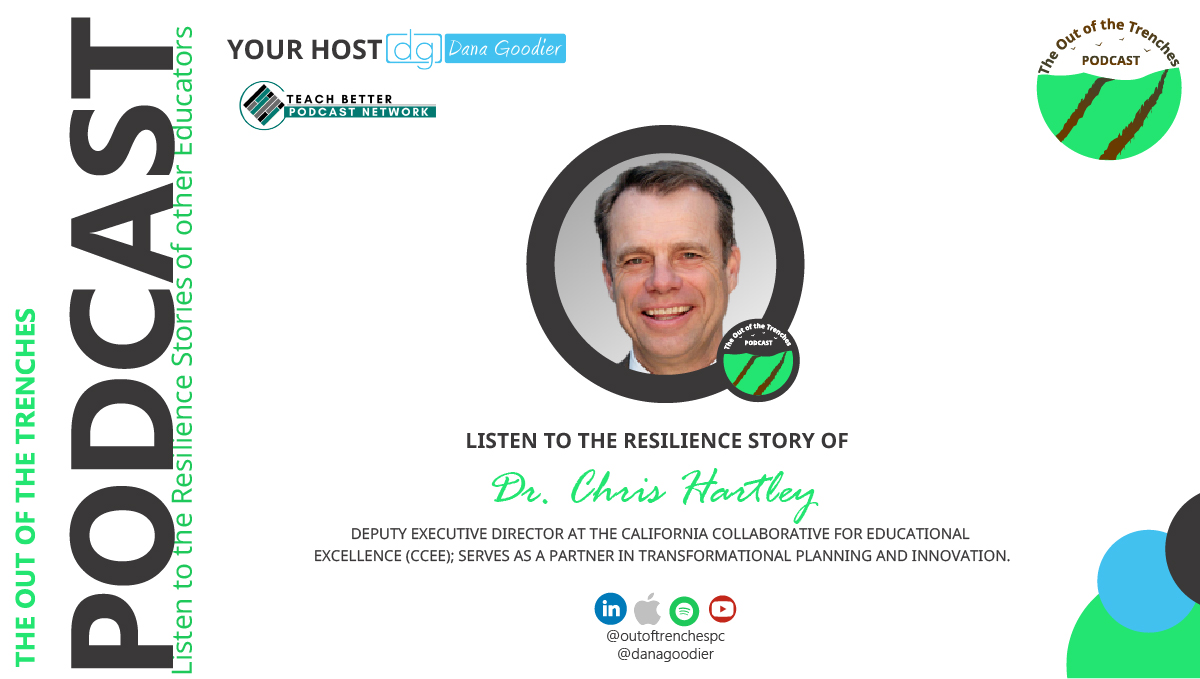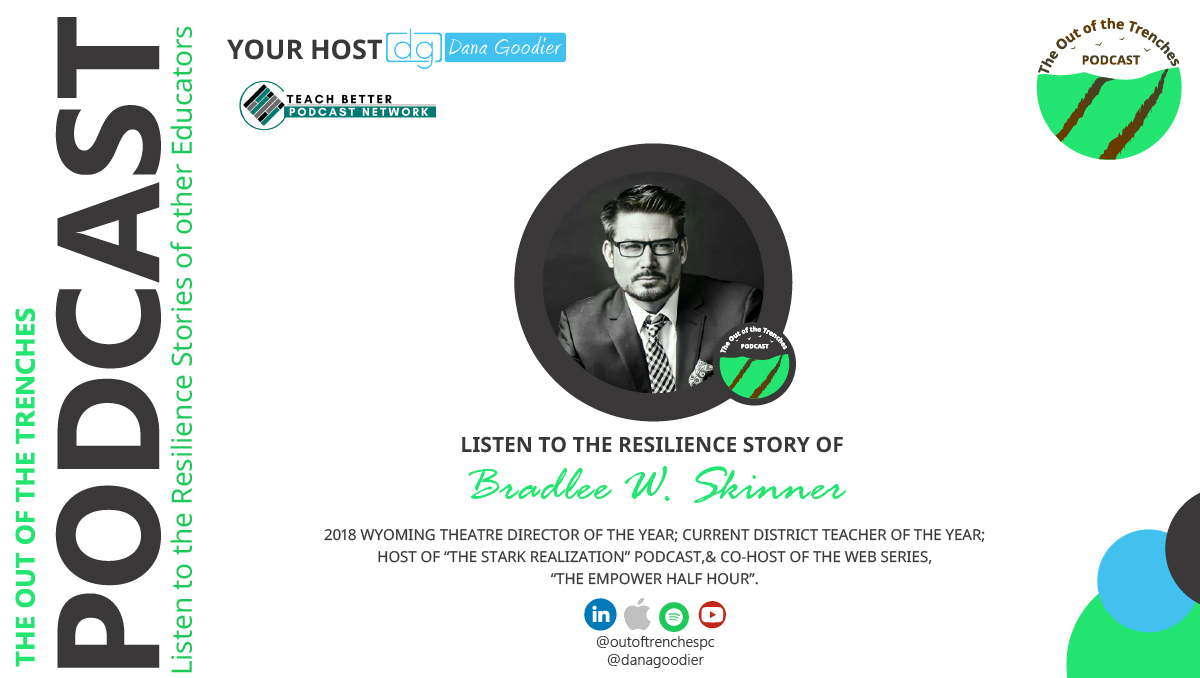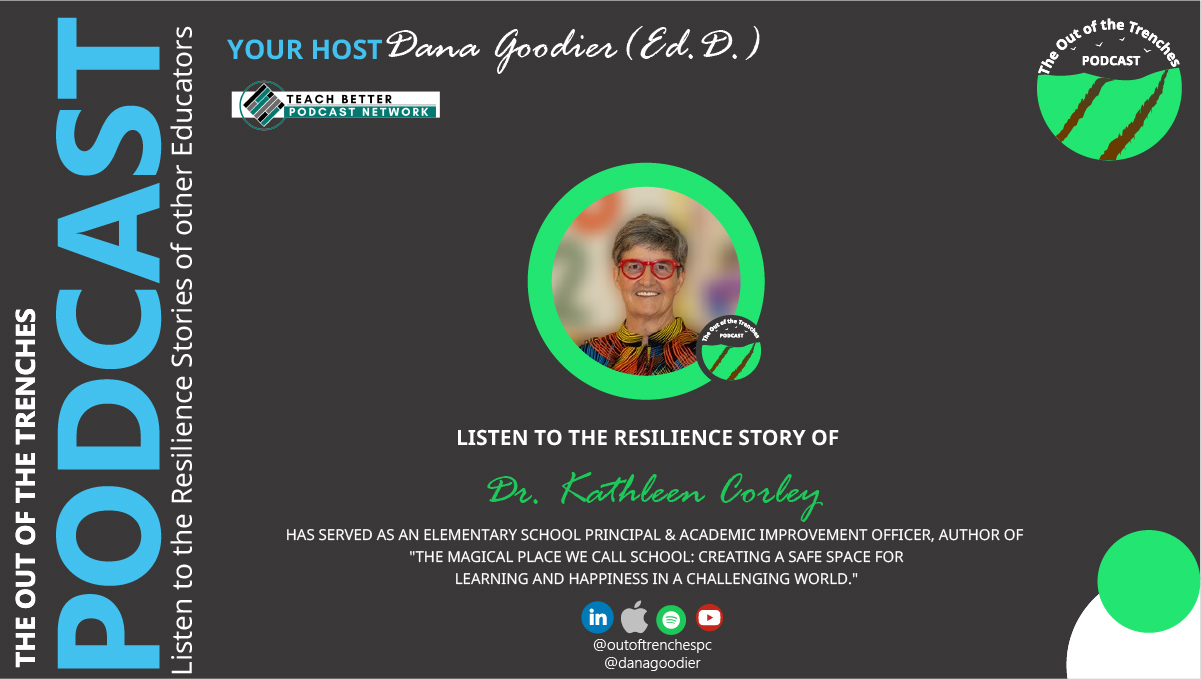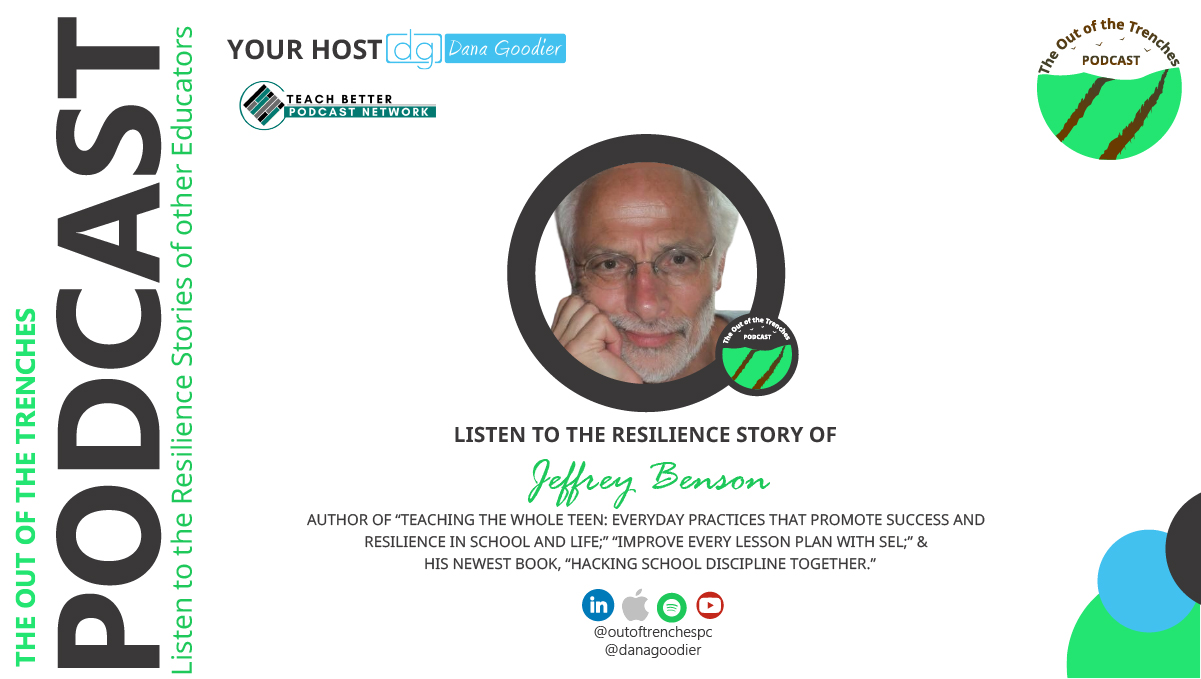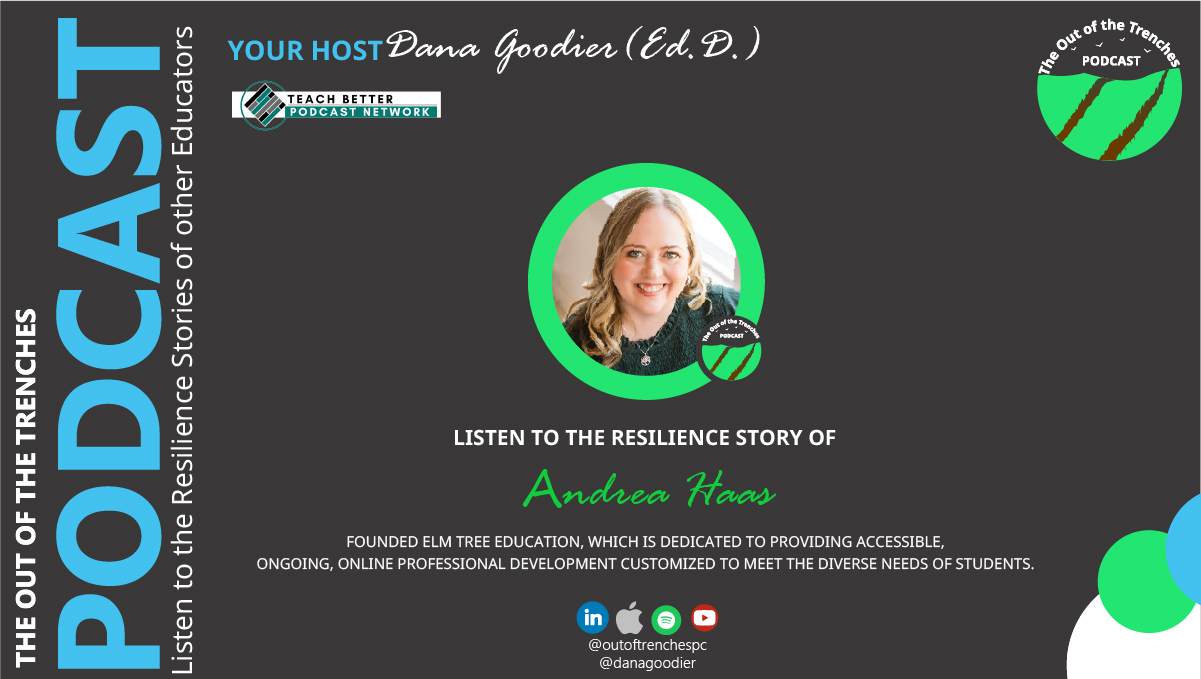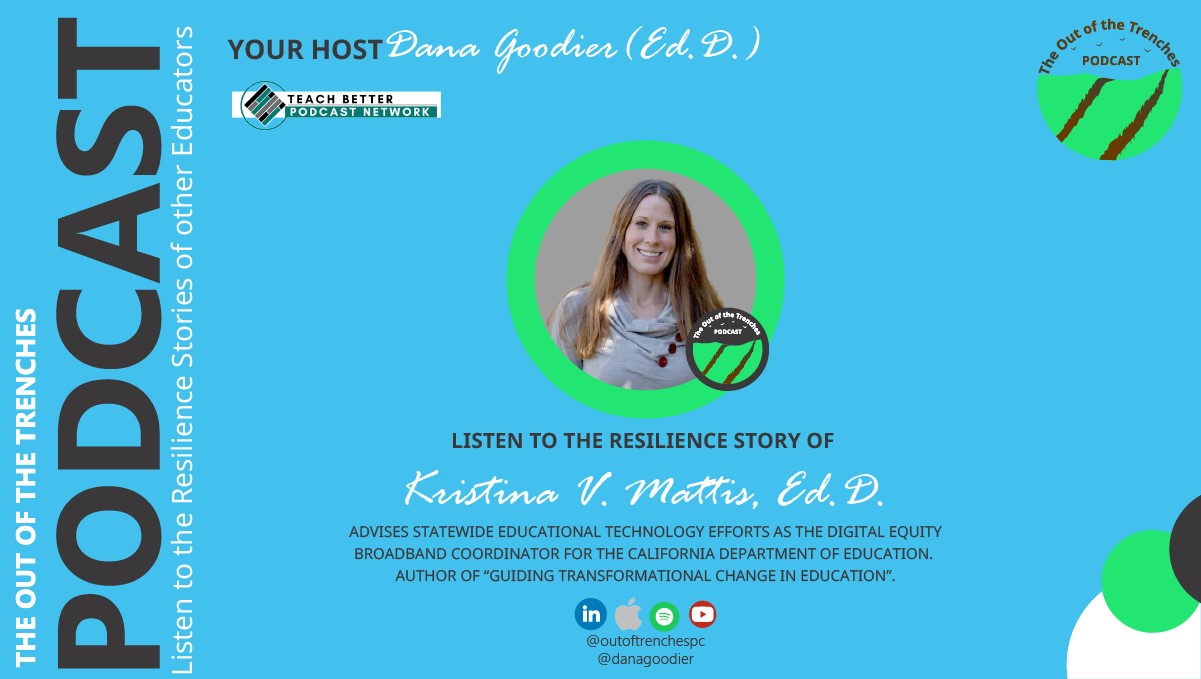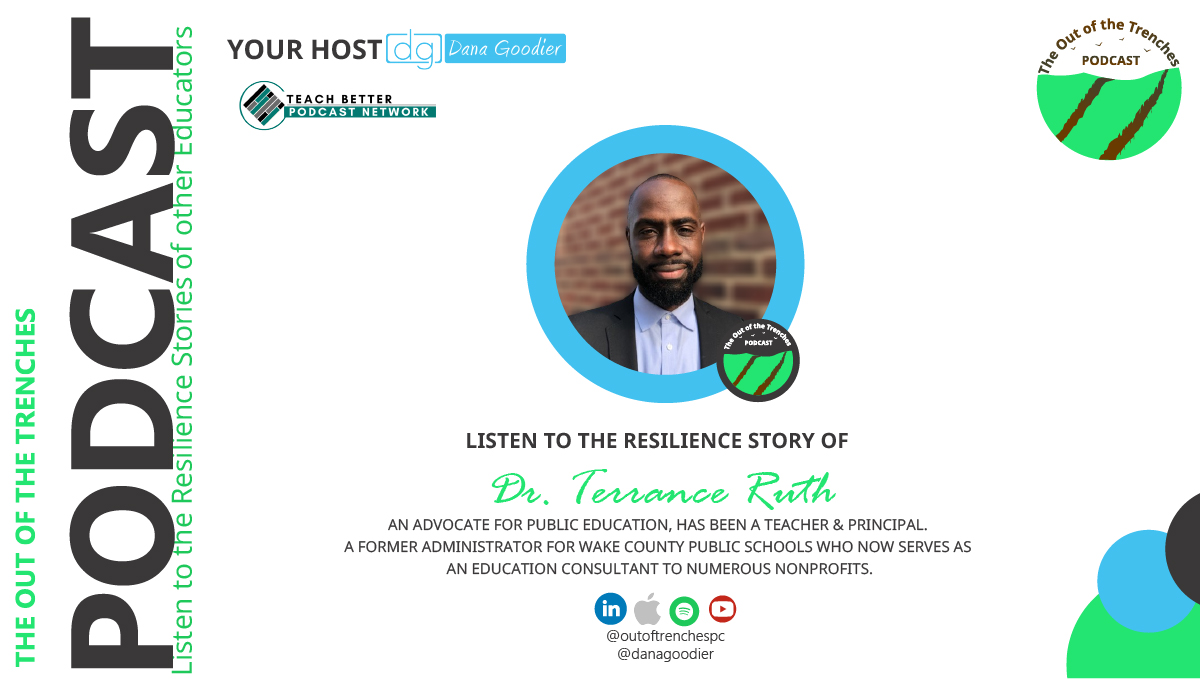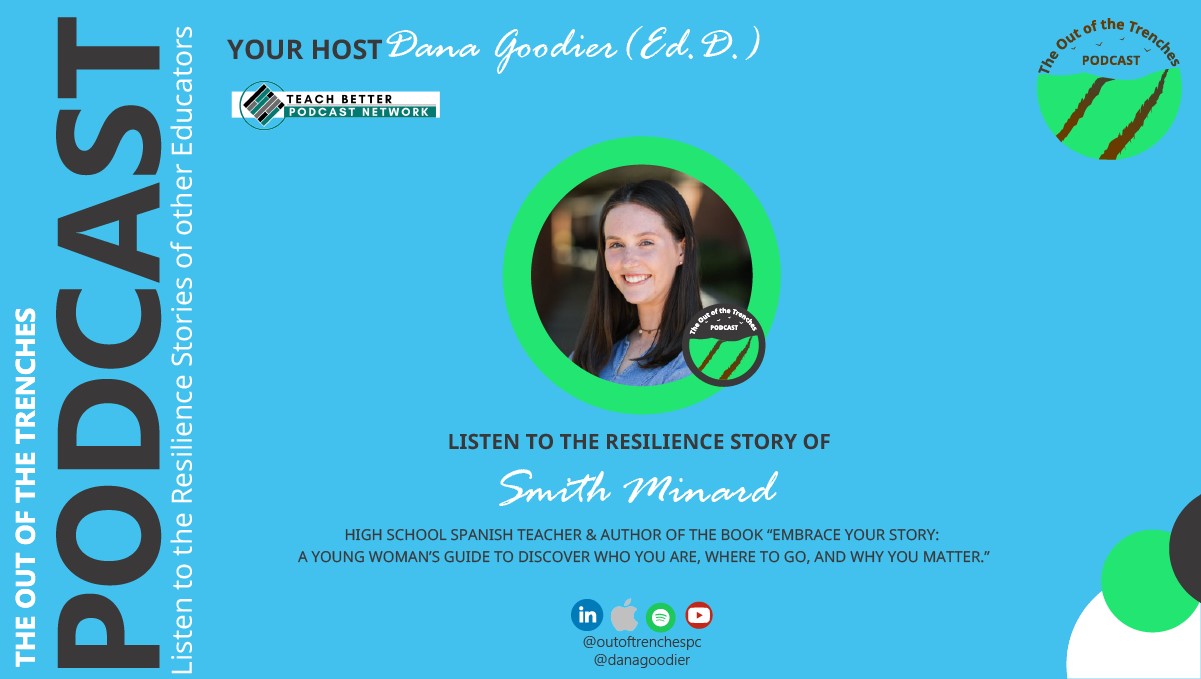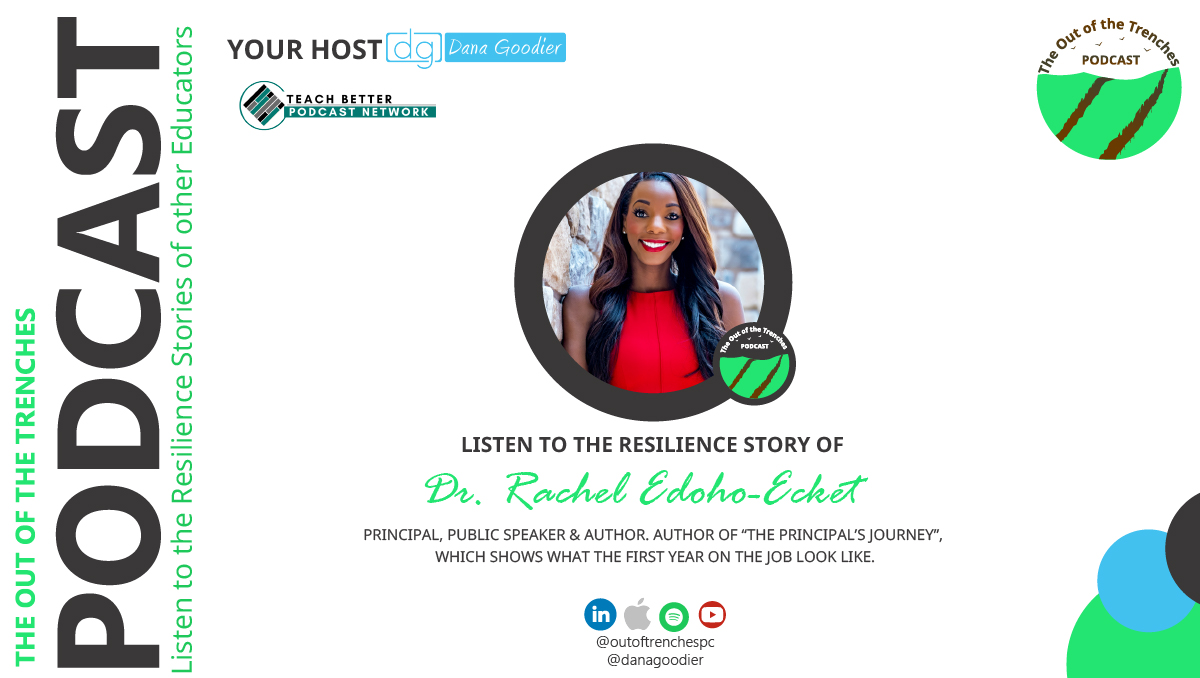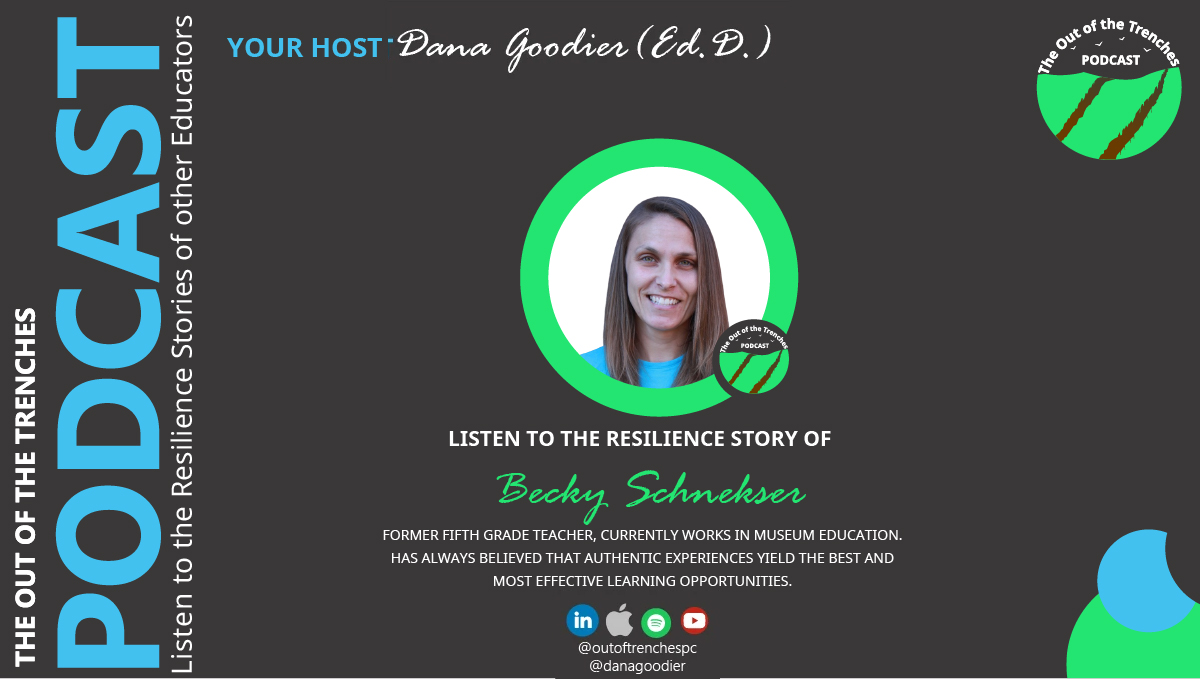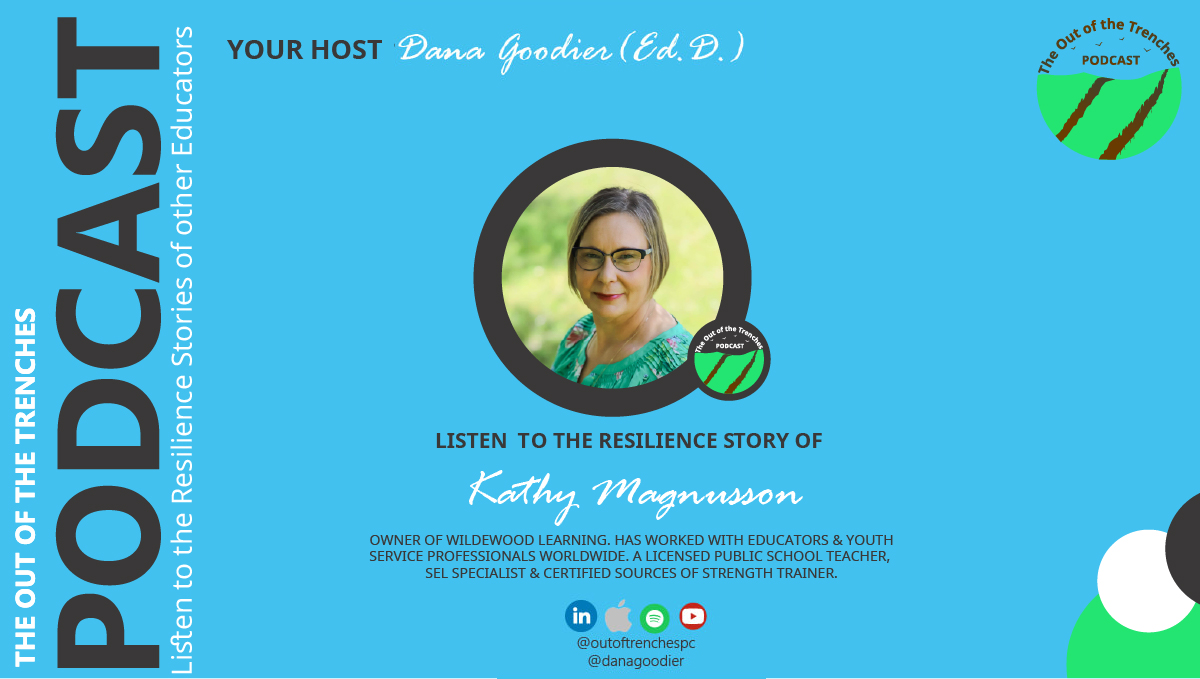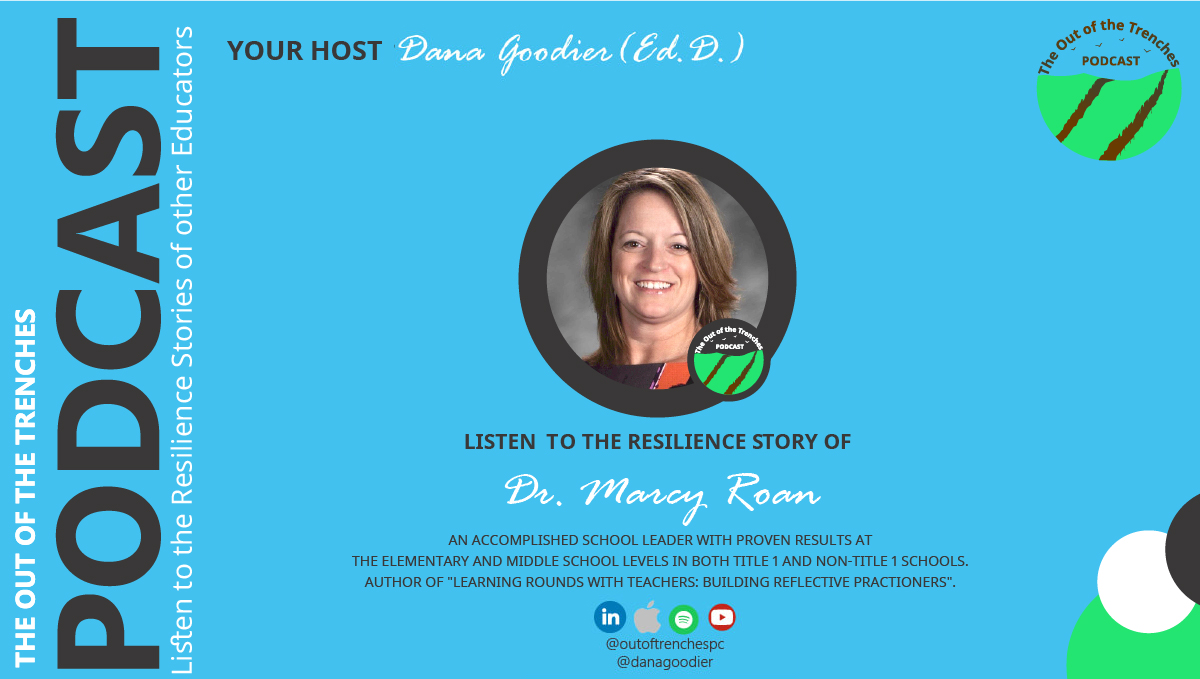On April 16, 2009, Kim Hamer watched her 44-yr-old husband take his last breath. During his illness and after his death, she was amazed by the helpful ways their coworkers, bosses, friends, and family supported them. Kim started calling their kind actions “acts of love”.
After the death of her husband, Kim, an HR leader, noticed how little guidance leaders received when navigating cancer, health crises, or the death of a team member. She knew their lack of knowledge negatively affected morale, employee engagement, and productivity. She set out to change that. Combining her personal experience with her professional knowledge and leadership skills, Kim launched her business to support leaders and coworkers when cancer (or any health crisis) affects a team member.
Trenches story: opened with husband being diagnosed and subsequently dying. They were on an HMO. Had just done open enrollment. Dr. was on a PPO. The boss fought insurance company to get PPO. Kids got 2.5 years to know their father. Wasn’t in the trenches alone. She talks to young widows. Attributes how she goes on to one pinkie toe in front of the other. She counts how many days she’s here without him. Incompleteness would eventually dissipate. Counted to 2000-something. Foundation for a new life was laid by those who supported him. She was in education. He was a teacher. School covered salary for a yr.
Why do you think people struggle with what to do or say? Go ahead & hit yourself over the back if you say, “IF you need anything, let me know”. It’s the least helpful thing to say. Person wants to be acknowledged. If something good happened, and noone acknowledges it, they get mad. You want to connect with a person who is going thru that same thing. You’re asking the person who is in crisis to find out what the “thing” is. How good is anyone at asking for help when they need it? When u add extra layer of vulnerability they feel like a burden.
What should I say to someone with cancer as a friend, as a coworker, as a boss? Acknowledge it. Say “it’s so sorry this is happening to you”. Say “I don’t know what to say. I find myself speechless”. Find your helping superpower. It could be cleaning their kitchen. It takes courage. Don’t make it about you. We feel connected to the people @ work. Cancer diagnosis can leave person on “wobbly ground”. Her aunt tells stories, f.ex. Visit colleague & talk about
Talk to us about why you are in this work. Had an HR job working for a company president whose wife died. The compassion from husbands’ school didn’t happen in the corporate world. We automatically go to bringing food over. Grieving person is almost bipolar. Moments of clarity, sadness, rage. She tried to coach managers reporting to company president. Manager taking things off a cancer patient’s plate may not be the best thing. 70% of people who leave job leave b/c of a manager. Team is watching. It affects productivity, engagement. Most org’s have person n HR to help with bereavement. Schools-student death is tough topic. You have students, teachers and parents who are grieving. Org in LA- Our House Grief Support. Came in & trained the teachers. It’s uncomfortable because we can’t fix it. When there’s a student death, there’s the immediate grief of t’s who knew students. She’s a fan of grief counselors, but not the ones who are usually brought in. She was put on a list, got in month 3-4. Talking to a 3rd grader about death, asking who feels sad. Just because people aren’t showing it, you can manage it anyway. Her youngest was 7 when her husband died. They are just learning death is permanent. Kids who loose teachers need to understand the death is permanent. It takes a certain developmental level to understand parent’s not going to be there for milestones.
How can a leader balance the employee’s need for support and the team’s needs to get work done? They’re afraid of being too empathetic. Managers feel worried about project that employee won’t be able to do (as much). Empathy & productivity go together. She coaches managers NOT to say “take all the time you need”. time needed can vary. Say “I’m so sorry, set up a time to talk about their workload”. They feel like the manager gets their panic. Managers can do writing around their feelings around issue. F. ex. stereotypes like around cancer. We associate chemo as being weak. She asks managers if they have cancer in their background. Assess the situation, what is employee involved in? Is there anyone else on team who can pick up the workload? Understand pieces, better understanding what they need. Employee may not team to know. Take the time to put together a work plan. Reassess their ability to get their work done if they can’t. Team is watching how you manage this. Acknowledge the extra work team is doing. She’s seen teams increase their productivity. Opportunity to bring cohesive team together.
How can we better manage death in the workplace if it’s a coworker? Talk about packing up office, CR. Thoughtful action.
What should I say to someone with cancer as a friend, as a coworker, as a boss? The Five Things Every Manager Should Know About Leading An Employee with Cancer, she talks about 1 big thing never to say.
How to Truly Support Your Friend or Coworker with Cancer: going thru your feelings, then taking thoughtful actions. Her process is new.
What is the one big great lesson you want everyone listening to this to know? We all under-estimate how much we impact the lives of others around us. People who show up set a foundation for someone’s new life. How you show up for someone in crisis MATTERS. Share on X
Where can ppl find you online?
Website: https://www.100actsoflove.com/whatnottosay
Instagram: https://www.instagram.com/100actsoflove/
LinkedIn: https://www.linkedin.com/in/kimthamer Thurs 12 PST
Book: https://www.100actsoflove.com/shop.
Download free resource.
this is www.100actsoflove.com/whatnottosay -there are also 4 other things she recommends noone says. Email list about where she’ll be
She is happy to talk to principals about how to move forward on a consultant basis.
View this episode on YouTube: https://youtu.be/KdbnOLotke4
MORE EPISODES

